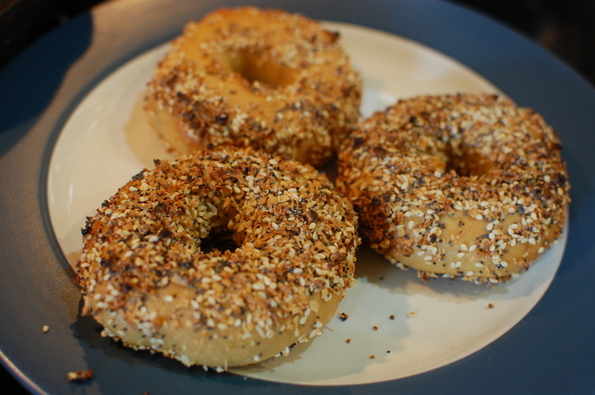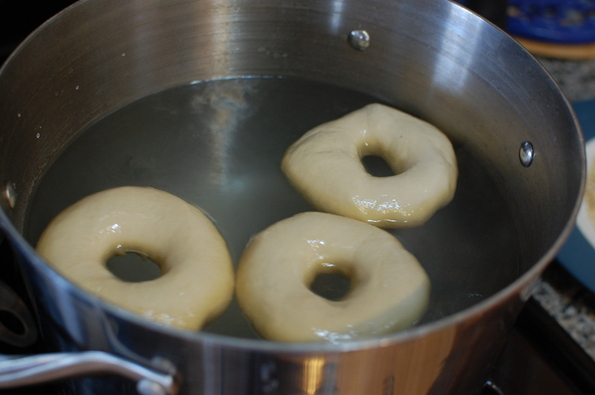I still vividly remember the first time I had a real, New York bagel — I was an intern in lower Manhattan, about a week into my first rotation in the world of finance. Fridays anywhere are permeated with that pleasant tingle of an impending weekend, but something about the 13 hour days in my old office made everyone extra giddy when that last day rolled around. That specific Friday, one of the salespeople brought in bagels and lox for breakfast — maybe nothing special to the veteran New Yorkers in the room, but to a guy that had previously only eaten Einstein's and Great American Bagels, these were a revelation.
New Yorkers are infamous for claiming that everything about their city is "the best". Pizza, bagels, hot dogs — even the water — is held in almost absurdly high esteem by Big Apple natives. Being a Chicagoan, I was unimpressed by their floppy pizza, boring hot dogs and ordinary water (not that Chicago water is better…it's all just water). Bagels, on the other hand, might be the single food that actually is the best when it's from NYC.
Most people claim it's the NYC tap water that creates the chewy outer shell surrounding soft inside that characterizes a New York bagel. In reality, it's a dose of alkalinity (lye, or absent that, baking soda), but the myth remains. For me, a great bagel is all about a jaw-exhausting chew and a heft crunchy coating of chopped onions, garlic, poppy seeds, sesame seeds, and kosher salt. Since I have yet to quite find this chewy, crunchy combination in Chicago (although there are some good places, NYC Bagel Deli and Bagel Art in Evanston come to mind), I set out to make my own.
The recipe I followed was out of Peter Reinhart's The Bread Baker's Apprentice. I've had great luck with other breads out of this outstanding book (the pizza dough is featured heavily in this blog, and the french baguettes are incomparable), so I figured the bagels would likely also be astounding. The recipe, like many great bread recipes, is a bit time-consuming due to several stages of rising and fermentation — but the results are worth it. Mixing up a big batch of dough on a Thursday or Friday evening and then boiling and baking the next day will yield about a dozen delicious bagels. They may not be authentic H&H, but they're almost as delicious.

